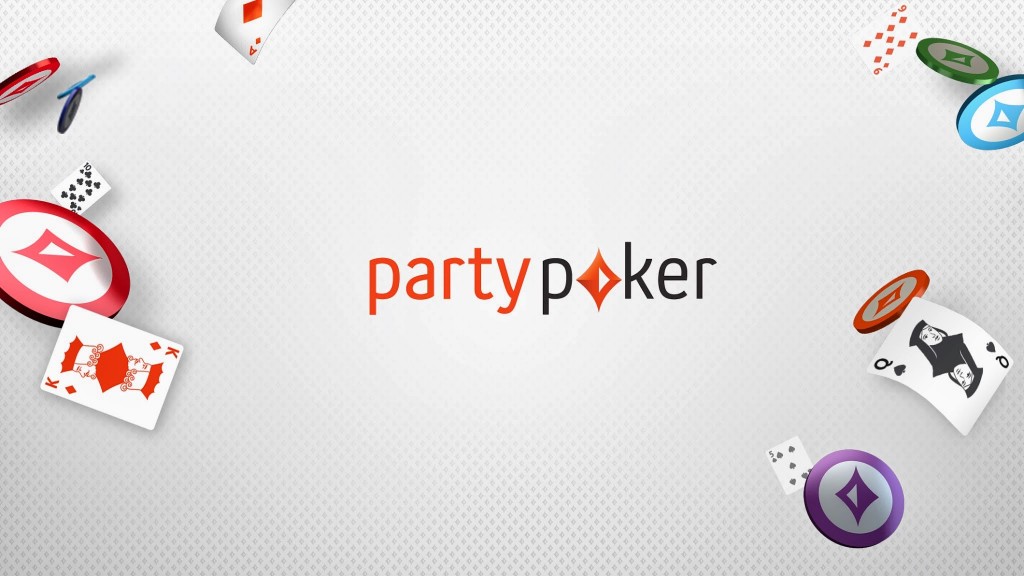
The Party Poker room announced a few days ago that changes are coming. On June 17, all players in this room will be required to change their nicknames and will be banned from all tracking apps (PokerTracker, Hold 'Em Manager) and HUDai.
This change is aimed at revitalising the online poker market and attracting more new players. According to Rob Yong, Business Partner at Party Poker Room, this change should reduce the disparity between higher and lower level players. New players will be able to feel more at ease at the tables and play more, knowing that no information will be collected about them.
New Party Poker Rules
Some details were not clear in the original report, so Rob Yong participated in a podcast with Jeff Gross. A lot of new information emerged from this conversation. First of all, as HUDs and tracking apps will be banned, there will be no local hand histories. Players will not be able to download their hands from the site in any way, only view them in Party Poker Replayer. Rob Yong also commented that he doesn't like the note taking feature and would like to see it removed, but it is not a top priority for now.
On other pages where HUDs are not working, sometimes simple information about other players (aggressiveness or VPIP percentages) is added. Rob Yong states that there will be no information provided by HUDs in the Party Poker room, as not all players understand PFR, VPIP or other statistical terms.
It is likely that, if successful, other rooms may follow Party Poker's example. Until recently, Pokerstars banned certain statistics and Nash equilibrium use of tables. The general trend in the online poker world is that HUDs and trackers will probably be banned in all rooms within a few years.
The Future of Online Poker - No HUD and Tracking?
We asked Paul Zulonas, the Poker School coach, to comment on this change:
"I think this is good in the long term. Creating a fish-friendly environment is a win-win in the long run. In the short term, of course, the regs are angry because they are being deprived of an edge: useful notation, understanding of HUD are specific skills and knowledge that recreational players and lesser regs do not have. But in the long run, because these programs and opportunities exist and the rec doesn't know how to use them, it reduces [their] willingness to play and compete, because (not even mentioning the skill difference) the situation looks unfair before they even start playing.
One of the most respected players, Phil Galfond, has done a lot of theoretical thinking in his blogs on the development of the RIO poker software, and has put it into practice in his own room from day one (HUD ban, anonymous tables, etc.)."
Phil Galfond Run It Once blog has made many arguments for the HUD ban, although he doesn't believe that statistics are evil in themselves. On the contrary, Galfond likes HUDs and statistics because they add an extra . The problem with these programmes is the impact on the recreational player. The advantage of regular players over recreational players is increasing year by year, and this difference is exacerbated by the presence of the HUD, as statistics can show the best ways to exploit the opponent's mistakes. The main deep problem is the number of recreational players and the money supply, because with an ever-increasing advantage, many of the non-professional players are losing more and faster. In general, the amount of money in poker circulation is decreasing everywhere, reducing the profits of all players in the long run. An additional argument put forward by Phil Galfond is that some players, just by looking at the HUDs, may think that it is not worth playing and simply give up online poker.
On 17 June, one of the biggest changes in the history of online poker will take place when Party Poker bans the use of HUDs. What the long-term consequences of this will be are not yet clear, but from the comments made by professional players, it seems that we can expect a revival of the online poker industry.





